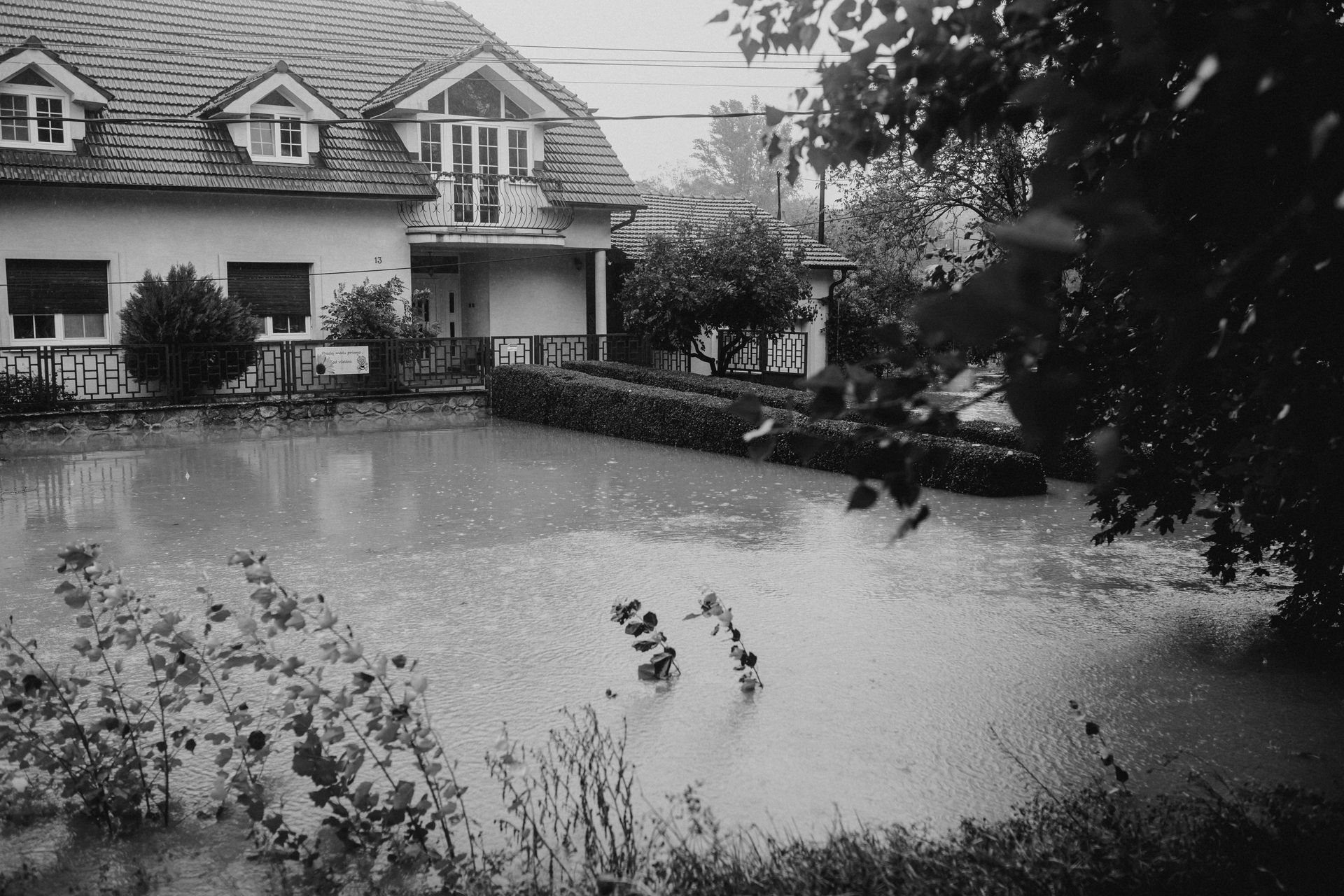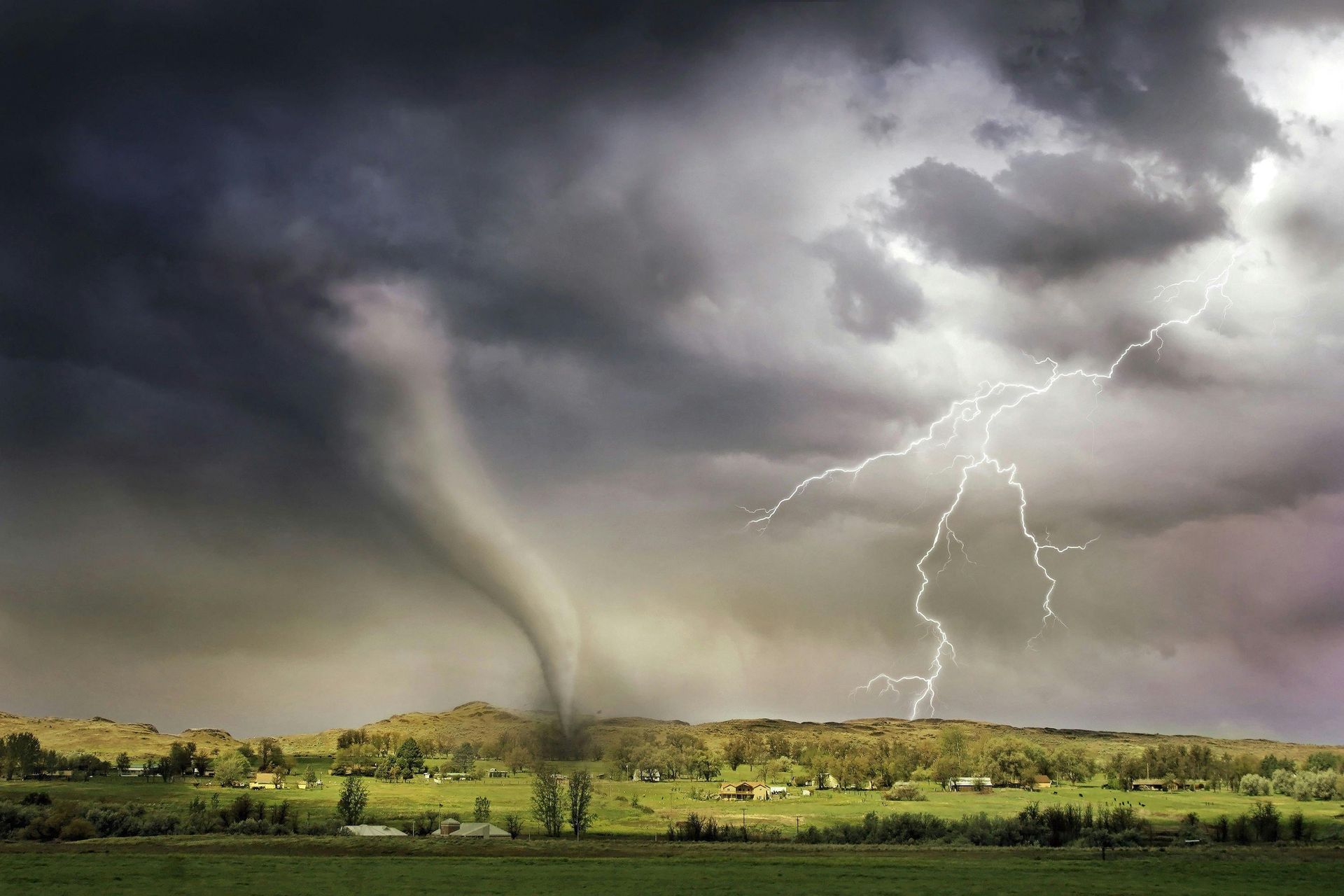Winter Home Protection Tips
Winter-Proof Your Home: Essential Tips to Prevent Damage and Insurance Claims
Winter can be a beautiful season, but it also brings the risk of costly home damage from freezing temperatures, heavy snow, and ice. Taking proactive steps to protect your home can prevent headaches and insurance claims later.
Preventing Frozen Pipes
Frozen pipes are one of the most common winter home insurance claims. When water freezes, it expands, putting immense pressure on your pipes. This can lead to bursts, causing significant water damage and costly repairs.
Here's how to prevent frozen pipes:
- Insulate Pipes: Wrap exposed pipes in unheated areas, like your attic, basement, or crawl space, with pipe insulation sleeves.
- Seal Cracks and Openings: Caulk or seal any cracks or openings that allow cold air to reach your pipes.
- Let Faucets Drip: During extreme cold, let your faucets drip slightly to keep water flowing and prevent freezing.
- Keep Garage Doors Closed: If you have water supply lines in your garage, keep the doors closed to maintain a warmer temperature.
- Open Cabinet Doors: Allow warmer air to circulate around pipes under sinks by opening cabinet doors.
Preventing Ice Dam Damage
Ice dams form when snow melts on a warmer part of your roof and then refreezes near the colder eaves, creating a dam that traps water. This trapped water can seep under your shingles and into your home, causing damage to your ceilings, walls, and insulation.
Here's how to prevent ice dams:
- Proper Attic Insulation and Ventilation: Ensure your attic is adequately insulated and ventilated to maintain a consistent temperature and prevent uneven melting.
- Clear Gutters and Downspouts: Remove leaves, debris, and ice from your gutters and downspouts to ensure proper drainage.
- Remove Snow from Roof: If safe to do so, use a roof rake to remove snow from the lower portion of your roof to prevent ice dam formation.
Other Important Winter Home Protection Tips:
- Service Your Furnace: Have your furnace inspected and serviced by a professional before winter to ensure it's operating efficiently and safely.
- Check Smoke and Carbon Monoxide Detectors: Ensure your detectors are working correctly and replace batteries as needed.
- Trim Trees and Branches: Trim any tree branches that could fall on your home during a winter storm.
- Stock Up on Emergency Supplies: Have a supply of flashlights, batteries, non-perishable food, and water in case of a power outage.
Understanding Your Insurance Coverage
While taking preventative measures is essential, it's also important to understand how your homeowners insurance protects you against winter-related damage. Most standard policies cover damage caused by frozen pipes, ice dams, and falling trees. However, it's crucial to review your specific policy details and deductibles.
San Marcos Insurance Agency is here to help you understand your coverage and navigate any winter-related claims.
Contact us today to discuss your homeowners insurance and ensure you're adequately protected this winter.










